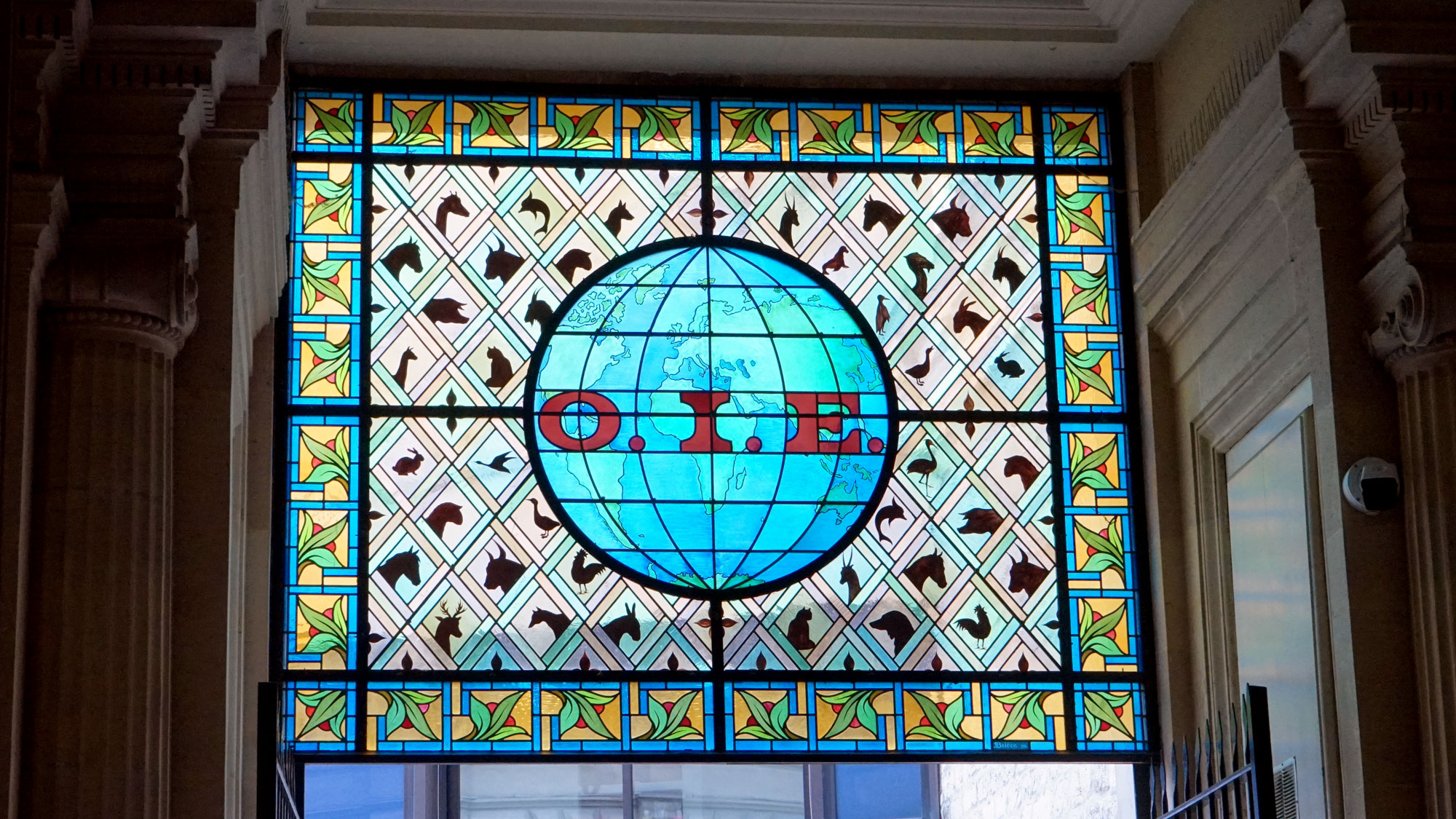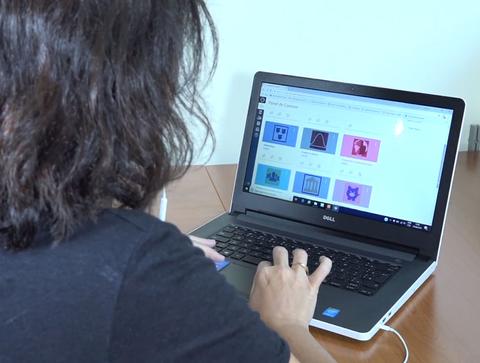
The World Organisation for Animal Health (OIE), the global standard-setting body responsible for ensuring and improving animal health, develops guidelines to prevent and control animal diseases, strengthen national animal health systems, and ensure the safe trade of animals—from cows and pigs to salmon and shrimp.
The OIE, which is headquartered in Paris, France, does not work with its 182 member countries alone. Throughout the world, there are academic, governmental, and non-governmental organizations that serve as collaborating centers for the OIE on unique topics of expertise.
At the University of Minnesota College of Veterinary Medicine, the Center for Animal Health and Food Safety (CAHFS) has served as an OIE collaborating center since 2006. CAHFS is currently designated under the field of capacity building for the veterinary services, with endorsement from the United States Department of Agriculture Animal and Plant Health Inspection Service (USDA-APHIS).
Capacity building is core to the mission of the OIE. Through education and training, the OIE and its collaborating centers provide support and solidarity to member countries to help build skills and resources. At CAHFS, capacity building initiatives aim to support the sustainable development of communities, countries, and regions that the OIE serves, around the topics of animal health and disease control.
CAHFS has been able to bring the University of Minnesota name and expertise to veterinarians around the globe as an OIE collaborating center for capacity building. In the last three years alone, CAHFS has hosted nearly 50 international scholars in the Twin Cities for training and collaboration with U of M faculty and researchers as part of their collaborating center mission.
CAHFS also carried out the first-ever successfully completed OIE Veterinary Education Twinning program with Chiang Mai University in Thailand, building a mutually beneficial exchange program to support the improvement of veterinary education resources. From 2013-2016 the Twinning program led to bilateral student exchanges, faculty development projects, and curriculum mapping in both institutions. A new Twinning program is currently planned between CAHFS and the Samarkand Veterinary Medicine Institute in Uzbekistan.
Recent emergencies in the fields of veterinary medicine and veterinary public health—such as the COVID-19 pandemic and the spread of African swine fever through East Asia and Europe—demonstrate the complex interconnectedness of animal and public health and the need for playing an active role in preventing and mitigating the risk for those emergencies. “Helping build capacity for partners and for those in highest need globally, we ultimately protect the interests and health of our own people and country,” says Andres Perez, DVM, PhD, director of CAHFS.
From local to global
Through CAHFS’s eLearning program, a number of initiatives are bringing online advanced training to veterinary professionals in countries such as Argentina, Uruguay, Kenya, Uganda, and Vietnam. Online education provides a unique opportunity to reach greater numbers of veterinary professionals around the world.
The center’s status as an OIE collaborating center brings additional credibility to that programming, and in turn the training materials promote the mission and messaging of the OIE. CAHFS’s eLearning programs are based upon the OIE Advanced Competencies for Veterinary Services, a series of guidelines developed to standardize advanced veterinary education across the globe.
“As an OIE collaborating center, we are aligning our training with international standards in veterinary medicine,” says Mary Katherine O’Brien, PhD, leader of CAHFS’s eLearning program. “And the expertise from U of M faculty is directly impacting on-the-ground actions by veterinarians.”
Collaboration with the OIE also involves supporting the organization’s own online education platform through partnership with other collaborating centers for education and training. Researchers from CAHFS have worked with OIE collaborating centers in Senegal, Tunisia, Italy, France, Thailand, Argentina, and Brazil to support online training for OIE delegates and chief veterinary officers from member countries.
The endorsement from the OIE also brings new opportunities to the University of Minnesota. Last year, CAHFS secured a $1.5 million grant from the Bill & Melinda Gates Foundation, and the center frequently works with the World Health Organization, the Food and Agriculture Organization of the United Nations, and the United States Department of Agriculture.
“The CVM’s work in fields like epidemiology, data analysis, and swine health are world renowned,” says O’Brien. “It’s a huge benefit to bring innovative methods in veterinary medicine developed in Minnesota to new groups of veterinary professionals, and also to learn direct lessons from the field to inform our approach to local and global challenges."

